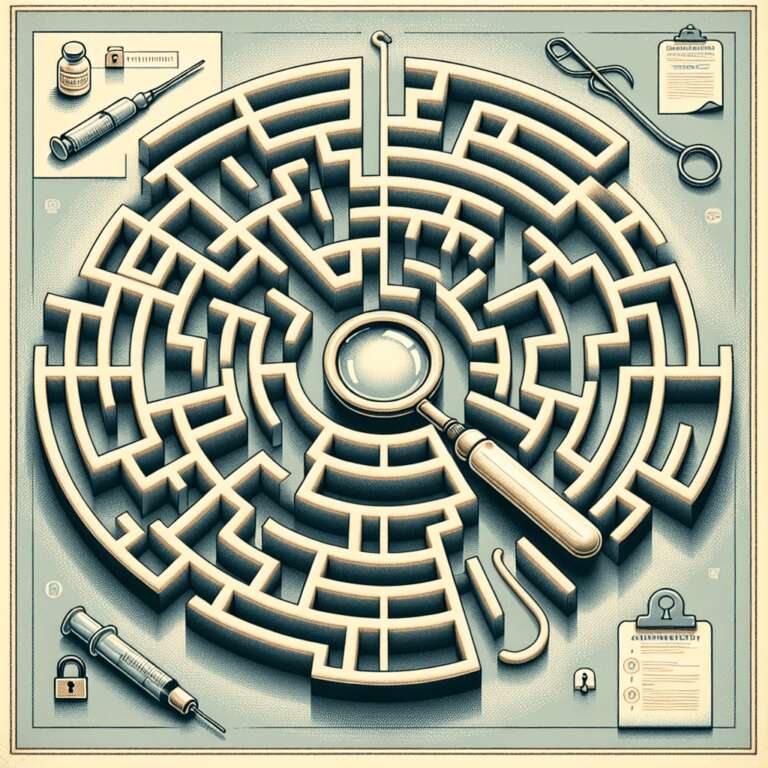The regulatory landscape for Artificial Intelligence-enabled medical devices in Europe is undergoing significant transformation, driven by new authorisation protocols and evolving standards. With the advent of advanced digital technologies, manufacturers are racing to comply with the European Union´s Medical Device Regulation (MDR) and In Vitro Diagnostic Regulation (IVDR), both of which lay out stringent requirements for demonstrating safety, efficacy, and robust post-market surveillance of Artificial Intelligence-integrated healthcare products.
Key challenges for market entry include the need for rigorous clinical validation tailored to the unique adaptive characteristics of Artificial Intelligence algorithms. Unlike conventional software, Artificial Intelligence models may evolve post-deployment, necessitating continuous performance monitoring and clear frameworks for risk management. This has led European regulatory authorities to call for harmonised guidelines and best practices, including requirements for transparency, explainability, and cybersecurity as preconditions for market authorisation.
Stakeholders such as medical device manufacturers, hospitals, and patients stand to benefit from the streamlined yet cautious approach the EU has taken. The ultimate goal is to foster innovative Artificial Intelligence applications that improve diagnostics, treatment recommendations, and patient outcomes while safeguarding public health. As adoption accelerates, closer collaboration between notified bodies, manufacturers, and healthcare providers will remain critical for ensuring compliance, promoting trust, and supporting the evolution of Artificial Intelligence-driven healthcare solutions across Europe.

